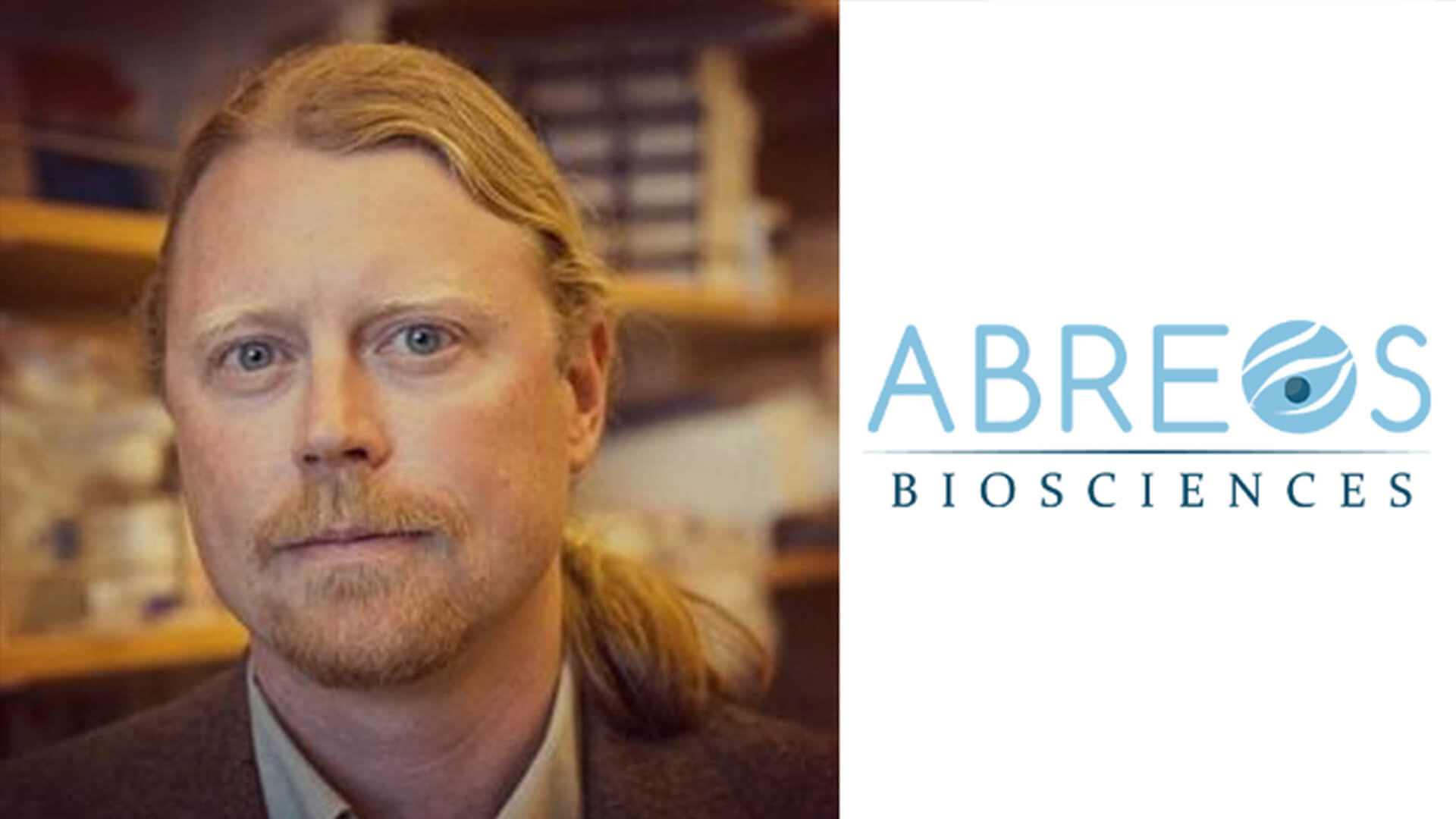A Leader in the Biotech Sphere Driving the Future of Personalised Treatments

Abreos Biosciences is a privately-owned San Diego-based biotechnology company that develops precision dosing solutions for biologic therapies. In March, the company’s Chief Executive, Dr Bradley Messmer, was recognised as 2019’s Most Influential Pharmaceutical CEO in the United States for his contributions to the field. We spoke with Bradley to find out more about his company and their ground-breaking work.
By all regards, the idea of ‘personalised medicine’ is not a particularly new one. Indeed, as a concept, it has been around since the beginning of the 21st century, though its roots can be found earlier, sometime in the mid-1900s. The core tenets are sound – people are inherently unique, so cookie cutter blanket-treatments can only be so effective. Within the field of Oncology, where the ‘same’ cancer can present itself in very different ways, a personalised approach becomes all the more essential.
Though, as Bradley explains, Abreos Biosciences’s biopharmaceutical applications extends far beyond Oncology, feeding further developments in immunology, autoimmunity and neurology. “Our Veritope™ dose monitoring platform enables rapid analysis of drug levels in treated patients so that optimal dosing for each patient, thereby reducing side effects and cost. Our lead project is a new integrated therapeutic solution for the treatment of Multiple Sclerosis which combines our dosing platform with off-patent
rituximab, a proven biologic therapy for this disease.”
For many experts working in the field, personalised treatments represent the undisputed future of medicine. Bradley agrees, driving home the importance of his company’s work and the role that they play in advancing the collective understanding of genetic variability: “Personalized treatments will achieve best in class outcomes for patients while managing costs by using off patent biologic agents for a highly de-risked clinical development pathway. The approach can be replicated across many other therapeutic areas. The company has received substantial support from the NIH through SBIR grants and has an ongoing research collaboration with the FDA.
“We work closely with leading clinicians in the relevant therapeutic areas to identify areas where traditional, onedose-fits all approaches are sub-optimal. We find that there is great appetite among patients and physicians for better tools to tailor therapy to the individual.”
Naturally, Abreos’ success is, in part at least, driven by the team at its centre, as Bradley moves on to discuss. “We have built a great team that supports both the science and the business. I view my role as CEO to be to empower the talented people that work with me since they are what really drives the company. I’m lucky to have people that I trust in key roles and their work ethic, dedication, and belief in our mission inspires me in return.”
This team, in addition to Bradley’s steadfast leadership, will no doubt result in further success throughout 2019, despite notable challenges. Chef among them is overcoming the preconception that personalised medicine is not simply a fad or an artefact of science fiction. Significant advancements are on the horizon, and the industry must keep apace for these opportunities to be fully capitalised on.
“Personalized medicine is a common buzzword but in reality, commercial and regulatory challenges are ongoing and holding it back. Additionally, healthcare comprises many stakeholders and aligning all of them for the benefit of the patients is not always easy or obvious.
“Ultimately, we look forward to beginning clinical studies that will demonstrate the power of personalized dosing of biologic drugs.”

Stay updated with our latest publications.
Discover Issues
See how we can help you grow in the online space!
Advertise With Us
We can help promote your business.
Find Out More



